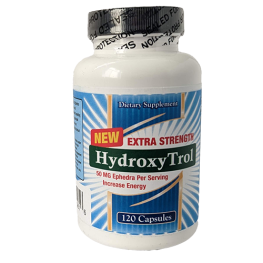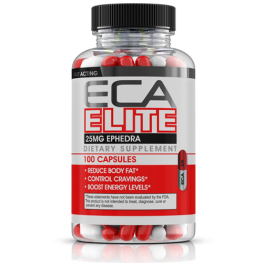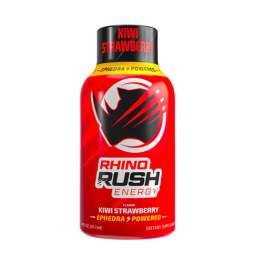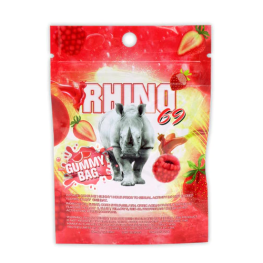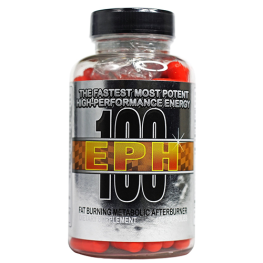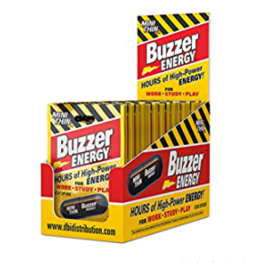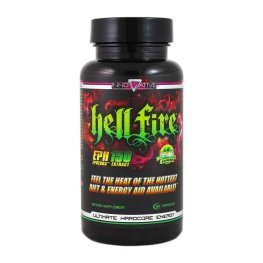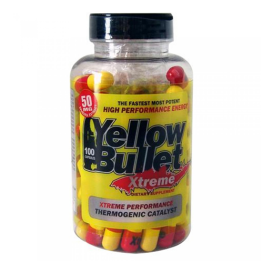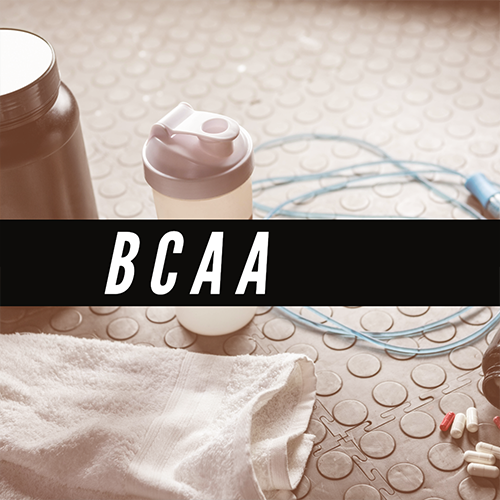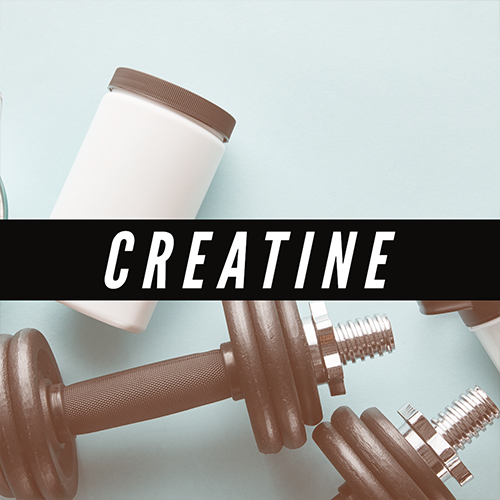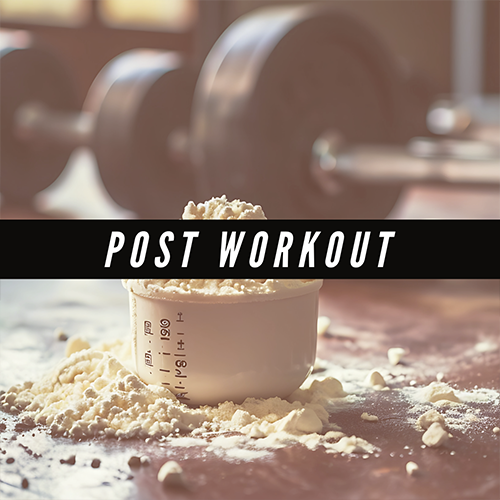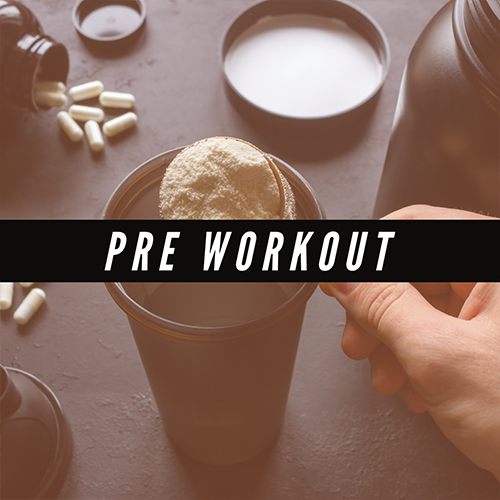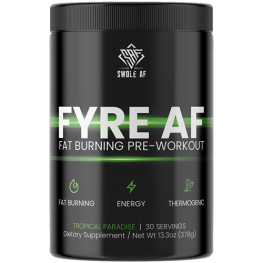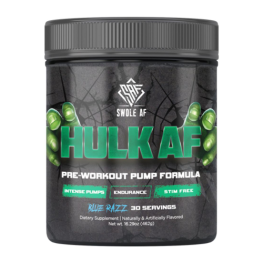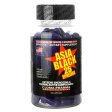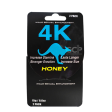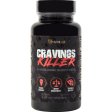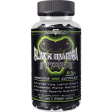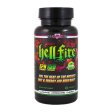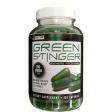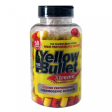Sports
Specials
In the world of sports and athletic performance, athletes are constantly looking for ways to improve their performance and achieve their goals. One popular method that many athletes turn to is the use of nutritional supplements. These supplements are designed to provide the body with the nutrients it needs to perform at its best. With so many options available, it can be overwhelming to determine which supplements are the best for athletic performance. In this comprehensive guide, we will explore the top athletic sport and performance pure nutritional supplements to help you make an informed decision.
The Importance of Nutritional Supplements in Athletic Performance
Before diving into the specific supplements, it is important to understand why nutritional supplements play a crucial role in athletic performance. Athletes have unique nutritional needs due to the physical demands they place on their bodies. These demands can deplete essential nutrients, making it difficult to meet the body's requirements through diet alone. Nutritional supplements can bridge this gap by providing the necessary nutrients in concentrated forms. This ensures that athletes have the fuel they need to perform at their best and recover effectively. (1)
Classifying Nutritional Supplements for Athletes
To better understand the different types of nutritional supplements available for athletes, it is helpful to classify them into two categories: dietary supplements and nutritional ergogenic aids. Dietary supplements are products that address specific physiological or nutritional issues that arise in sports. They can provide a convenient way to consume special nutrient requirements for exercise or prevent/reverse nutritional deficiencies common among athletes. The basis of a dietary supplement is an understanding of nutritional requirements and the physiological effects of exercise. When used successfully to meet a physiological or nutritional goal in sport, a dietary supplement can improve sports performance. The key is to educate athletes on understanding and achieving their nutritional needs in specific sports situations.
A well-known example of a dietary supplement is the sports drink or carbohydrate-electrolyte replacement drink. Scientific attitudes towards sports drinks have evolved over the years, with initial concerns about their effects on gastric emptying during exercise being disproven. Studies have shown that glucose, glucose polymers, and other simple sugars have suitable gastric emptying characteristics for delivering fluid and moderate amounts of carbohydrates during exercise. The optimal concentration of electrolytes, particularly sodium, is still being researched. Commercial sports drinks typically provide a low level of sodium, but higher levels may offer advantages in specific situations such as endurance and ultraendurance exercise or recovery after prolonged exercise. (2)
Another type of dietary supplement is high carbohydrate liquids at higher concentrations, often referred to as "carbo-loader" supplements. These supplements can help athletes achieve high carbohydrate intake when dietary bulk or lack of nutritional knowledge pose challenges. They can be useful for short-term carbohydrate loading or prolonged competition over successive days. In contrast, liquid meal supplements provide a low-bulk, nutritionally complete option for athletes with high energy requirements. They can be particularly beneficial when consuming solid foods is impractical or uncomfortable, serving as a compact nutrient-dense high-energy supplement.
Micronutrient Considerations for Athletes
In addition to macronutrients like carbohydrates, proteins, and fats, athletes must also pay attention to their micronutrient intake. Micronutrients, including vitamins and minerals, play a crucial role in exercise metabolism, recovery, and adaptation. A heavy exercise program can increase the requirements for certain nutrients, such as B-group vitamins and iron. Athletes at high risk of inadequate micronutrient intake or nutritional deficiencies, such as iron deficiency, may benefit from nutritional counseling. Supplementation may be necessary in cases of ongoing suboptimal dietary intake or rapid restoration of diagnosed nutrient deficiencies. However, it is important to approach supplementation with caution, as unsupervised long-term intake of high doses of certain nutrients, such as iron, can have disadvantages. (3)
The Role of Creatine in Athletic Performance
Creatine is one of the most extensively studied dietary supplements in the field of sports nutrition. It has been shown to increase endogenous phosphocreatine stores, aiding in ATP resynthesis and providing a potential performance enhancement. Creatine supplementation has been associated with improvements in strength, power, and body composition, making it a popular choice among athletes. Numerous studies have documented its safety and efficacy, further supporting its use as a performance-enhancing supplement. (4)
The Multi-Ingredient Pre-Workout Supplement Blend
Multi-ingredient pre-workout supplements have gained popularity among athletes due to their ability to enhance energy, focus, and overall performance. These supplements often contain a combination of key ingredients such as creatine, betaine, and caffeine, among others. The synergistic effects of these ingredients aim to optimize energy production, delay fatigue, and improve mental focus during exercise. While individual responses may vary, the use of multi-ingredient pre-workout supplements has shown promise in improving athletic performance. (5)
Safety Considerations and Side Effects
When considering the use of any nutritional supplement, safety should always be a top priority. It is important to choose supplements from reputable brands that undergo rigorous testing and adhere to quality control standards. Additionally, athletes should be aware of any potential side effects associated with the use of supplements. Common side effects may include gastrointestinal discomfort, headaches, and increased heart rate. It is crucial to follow recommended dosage guidelines and consult with a healthcare professional before starting any new supplementation regimen.
Conclusion
In conclusion, the use of nutritional supplements can be a valuable tool in enhancing athletic performance. By understanding the different types of supplements available and their specific benefits, athletes can make informed decisions about which products best suit their individual needs. From dietary supplements like sports drinks to micronutrient considerations and the role of creatine, there are a variety of options to support athletic performance. Additionally, multi-ingredient pre-workout supplements offer a comprehensive approach to optimizing energy, focus, and overall performance. Remember to prioritize safety and consult with a healthcare professional before incorporating any new supplements into your routine. With the right knowledge and approach, you can find the best athletic sport and performance pure nutritional supplements to help you reach your goals.

